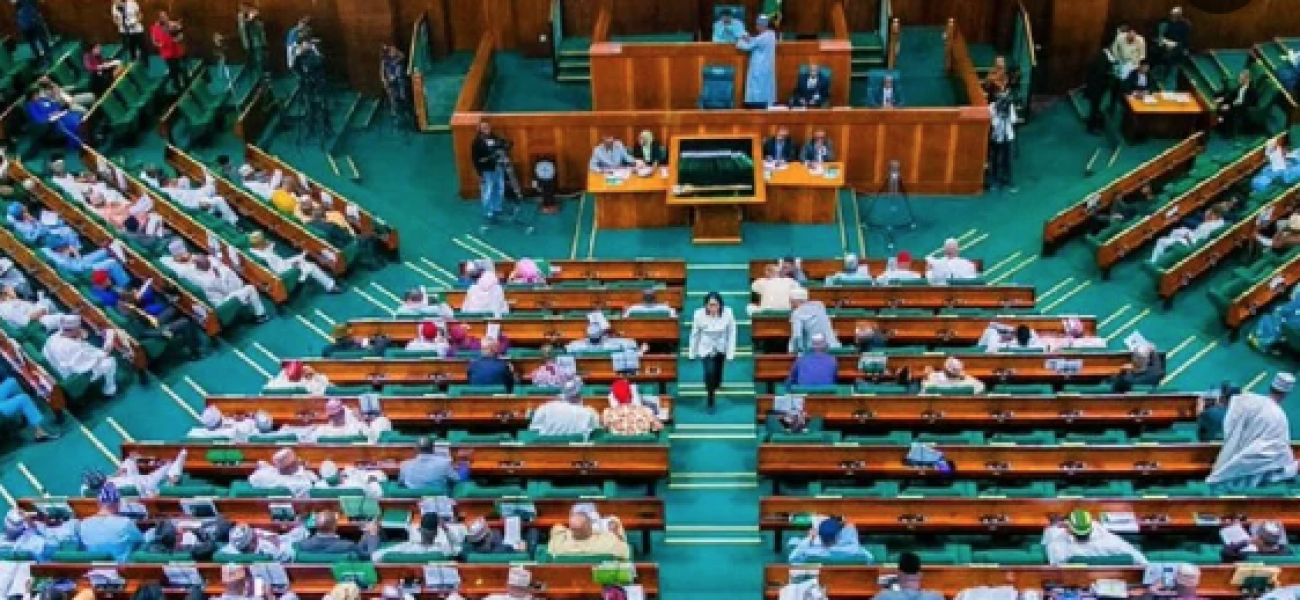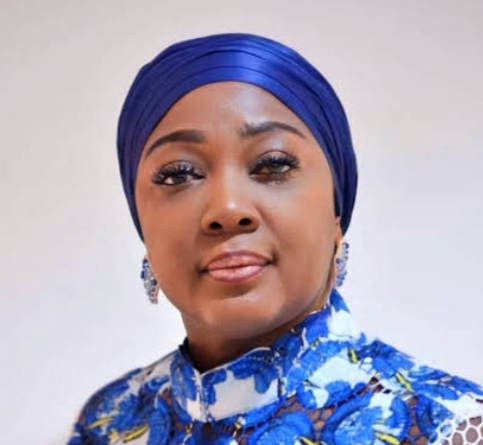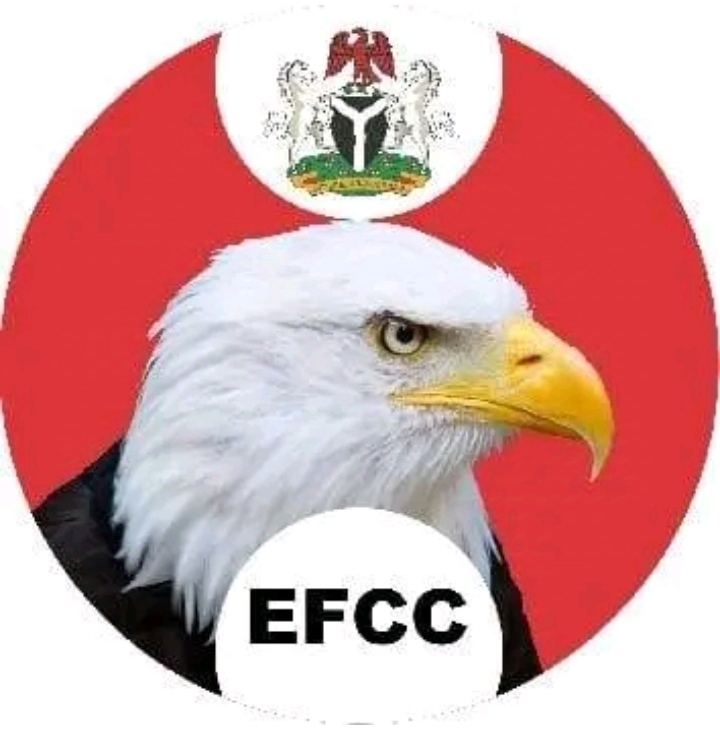A bill seeking to amend the Nigeria Data Protection Act, 2023, to mandate social media platforms and bloggers to establish physical offices within Nigeria has passed its second reading in the Senate.
The bill, titled “A Bill for an Act to Amend the Nigeria Data Protection Act, 2023, to Mandate the Establishment of Physical Offices within the Territorial Boundaries of the Federal Republic of Nigeria by Social Media Platforms, and for Related Matters, 2025 (SB. 650),” was sponsored by Senator Ned Munir Nwoko (APC, Delta North) and has been referred to the Senate Committee on ICT and Cyber Security, which is expected to present its report in two months.
In his lead debate, Senator Nwoko argued that Nigeria, as Africa’s most populous nation with over 220 million people, has a significant digital presence, ranking first in Africa and second globally in social media usage. He cited a Global Web Index report, which states that Nigerians spend an average of three hours and 46 minutes online daily. Despite this high engagement, he noted that major social media platforms such as Facebook, X (formerly Twitter), Instagram, WhatsApp, YouTube, TikTok, and Snapchat do not have physical offices in Nigeria, unlike in other countries.
He explained that the absence of local offices by these multinational corporations creates several challenges, including limited local representation, economic losses, and difficulties in ensuring compliance with legal and data protection regulations. He further stressed that having social media companies physically present in Nigeria would enable better engagement with authorities, improve regulatory oversight, and contribute to the local economy.
The bill also proposes new regulations for bloggers, mandating that all bloggers operating in Nigeria must establish a verifiable office in any of the country’s capital cities. It also requires bloggers to maintain proper employee records and belong to a recognized national association of bloggers headquartered in Abuja.
Senator Nwoko insisted that the proposed law is not an attack on social media but is intended to promote accountability, transparency, and professionalism in Nigeria’s digital media space, similar to regulations governing traditional media houses.
The bill has generated mixed reactions, with industry stakeholders expected to weigh in on its potential impact as legislative proceedings continue.





